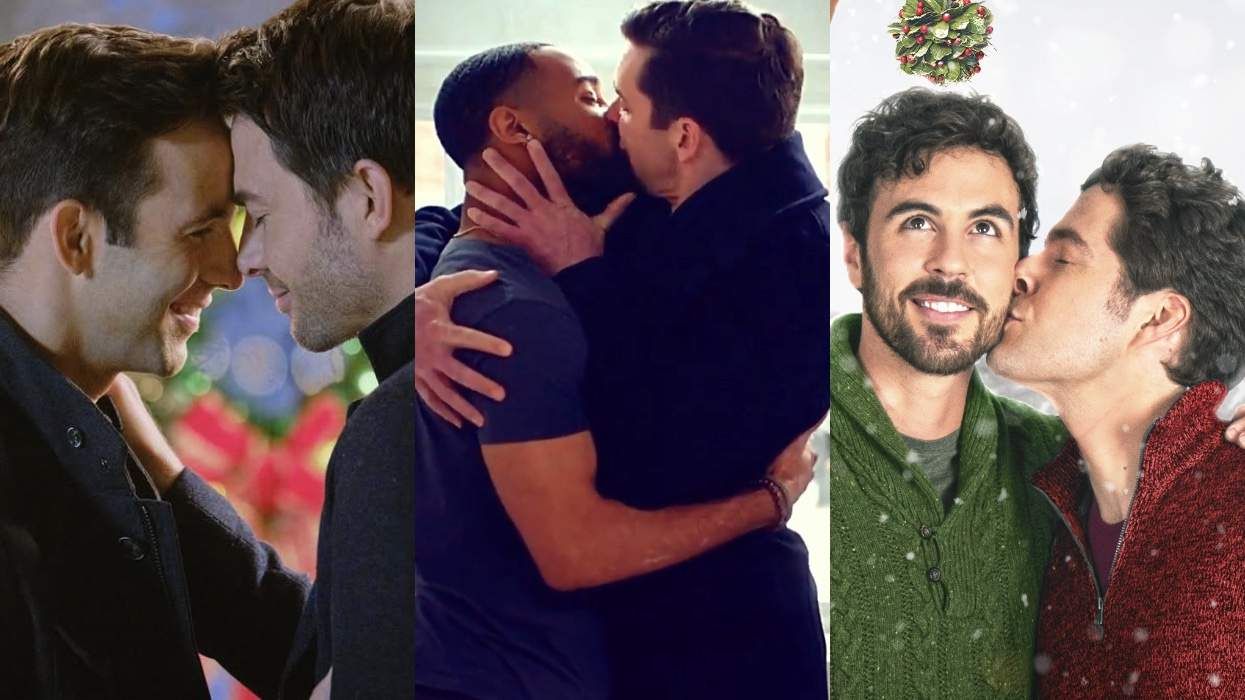The American Red Cross--citing system-wide shortages--put out a recent call-to-arms for platelet and blood donations, and a local organization offered two free tickets to a New York Mets baseball game to entice donors. A friend passed along an invitation to join her, assuming that as a community activist and baseball enthusiast, my participation would be a no-brainer. I had to explain that as a gay man--and as a Mets fan--nothing was that simple.
Since 1983, the FDA has expressly prohibited men who have sex with men (MSM) from donating blood, a decision that was rooted in a combination of fear, ignorance and uncertainty that characterized the onset of HIV and AIDS. Well, it's 2013.
In spite of a steady evolution of the public's growing acceptance--and the government's support--of LGBT people, this policy and this issue remains a recalcitrant, prehistoric pest. Yes, the Department of Health and Human Services (HHS) did initiate a study in 2010 to "assess alternative policies that would allow some gay and bisexual men to donate blood," but that was a bridge to nowhere. And as Harvey Milk once noted, you shouldn't need to conduct a survey to remove oppression.
It should also be noted that, although Canada recently "lifted" its 30-year ban on gay men donating blood, its "end" came with an untenable caveat: Canadian MSM need to be abstinent for five years to prequalify. If that's progress, then I fear I will develop spontaneous nostalgia for the 1980s, when at least discrimination came across as less of a ruse.
It is indisputable that gay men remain the demographic most susceptible to contracting HIV, and that the virus continues to proliferate and confound in spite of medical advances. While acknowledging the existence of a disease and the propensity of one group to contract it is one thing, categorically discriminating against an entire segment of the population does not pass the equal protection sniff test that the Supreme Court so purposefully illustrated last month.
The American Red Cross rigorously tests all blood donations for many diseases, including HIV, and people who receive transfusions have a microscopic one-in-1.5-million chance of contracting HIV. With draconian preventative measures already in place, one is left to wonder what, beyond bigotry, could possibly justify the elimination of tens of thousands of potential blood donors during such a critical time. I mean, the Red Cross tests for West Nile virus, but you don't see anyone calling for a blood donation ban for anyone bitten by a mosquito since 1977.
The FDA states on its website that the MSM blood donor policy is not discriminatory--and forgive me for not taking the organization at its word. Fortunately, the American Medical Association doesn't, either. Citing the desire to evaluate gay men as individuals instead of a single high-risk category (now there's a novel idea), the AMA recently codified its opposition to the lifetime ban on gay male blood donors in policy.
As the American Psychiatric Association's 1973 declassification of homosexuality as a disorder was an instrumental measure in "normalizing" homosexuality, there is reason to believe that the AMA's policy, with the requisite political and institutional support, could lead to some traction. But while "Gay Inc." (HRC, GLAAD, NGLTF) can never be accused of homophobia, it appears that these organizations, with their focus on marriage equality, may have developed a de facto case of hemophobia. That could be about to change.
Last week, filmmaker Ryan James Yezak organized the first-ever "national gay blood drive," which he filmed and will feature in Second Class Citizen, a documentary about the impact of discrimination based on sexual orientation. It is Yezak's hope that once people are aware of the ban and how much blood gay men could contribute to the national supply, they will see that this policy is as discriminatory as it deleterious. In that regard, perhaps Second Class Citizen will do for the blood ban what How To Survive A Plague recently did for HIV: stimulate general awareness and provide a necessary wakeup call to the LGBT community-at-large.
If history has taught us anything, it's that societal transformation often precedes--if not compels--evolution in public policy, and tacit permission of any discrimination is tantamount to a broader complicity. Blood donation may not be as glamorous an issue to tackle as marriage equality, but neither was the location of one's seat on a bus.
The current blood shortage is as unfortunate as it is avoidable, but the solution is quite simple: let gay men donate. The FDA could hit a home run with the LGBT community by lifting this arcane restriction. Until then, it will continue to have blood on its hands.






























